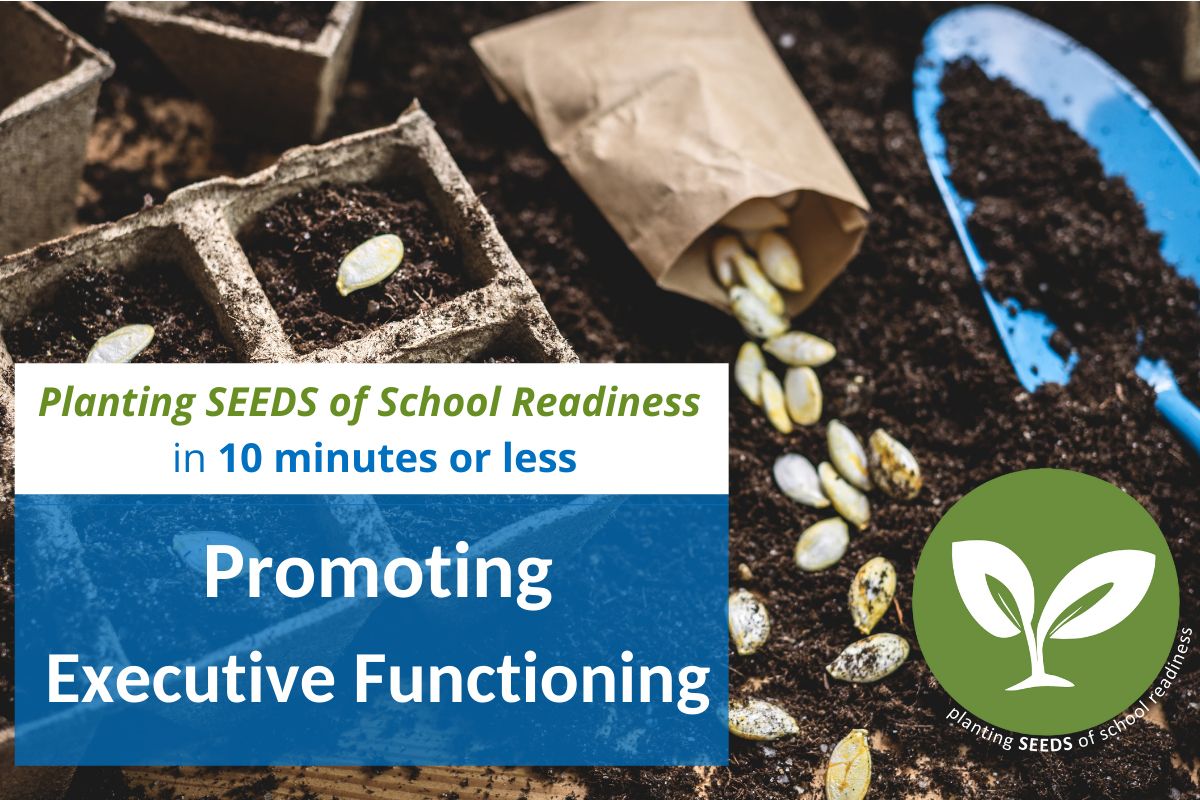Promoting Young Children’s Executive Functioning Skills In Cool Moments
Children need help building their self-regulation skills in order to be successful in the classroom, whether they are in preschool, kindergarten, elementary school, or beyond!
They need us, the nurturing adults in their lives, to help them learn how to manage their behaviors, their feelings, and their thinking processes. Sometimes we can teach them these skills directly, and sometimes we can model these skills for them.
Kids learn their school readiness skills from adults – Prepare with SEEDS for kids to learn their skills with you!
Use Observation and Narration to Promote Emotion Regulation
In our previous episode, we talked about how we can help children develop their emotion regulation skills. Using the same skills of observation and narration, we can help children develop another set of school readiness skills called executive functioning.
What is executive functioning (EF)? View a Handout. Watch a video.
It may sound simple, but it’s true: Observation and narration can help children learn how to manage or “regulate” their thinking processes, which supports their development of EF.
Take a look at this video to learn about how to sprinkle language that promotes executive functioning into our everyday interactions with young children.
See it! Describe it!
Young children are just learning how to manage their thinking processes. Look for moments to talk about EF. Bring your observations to the child’s attention by narrating with short and simple phrases.
Do you see a child organizing their materials?
Say: “Julian, I see you gathering all your materials first so you can find everything!”
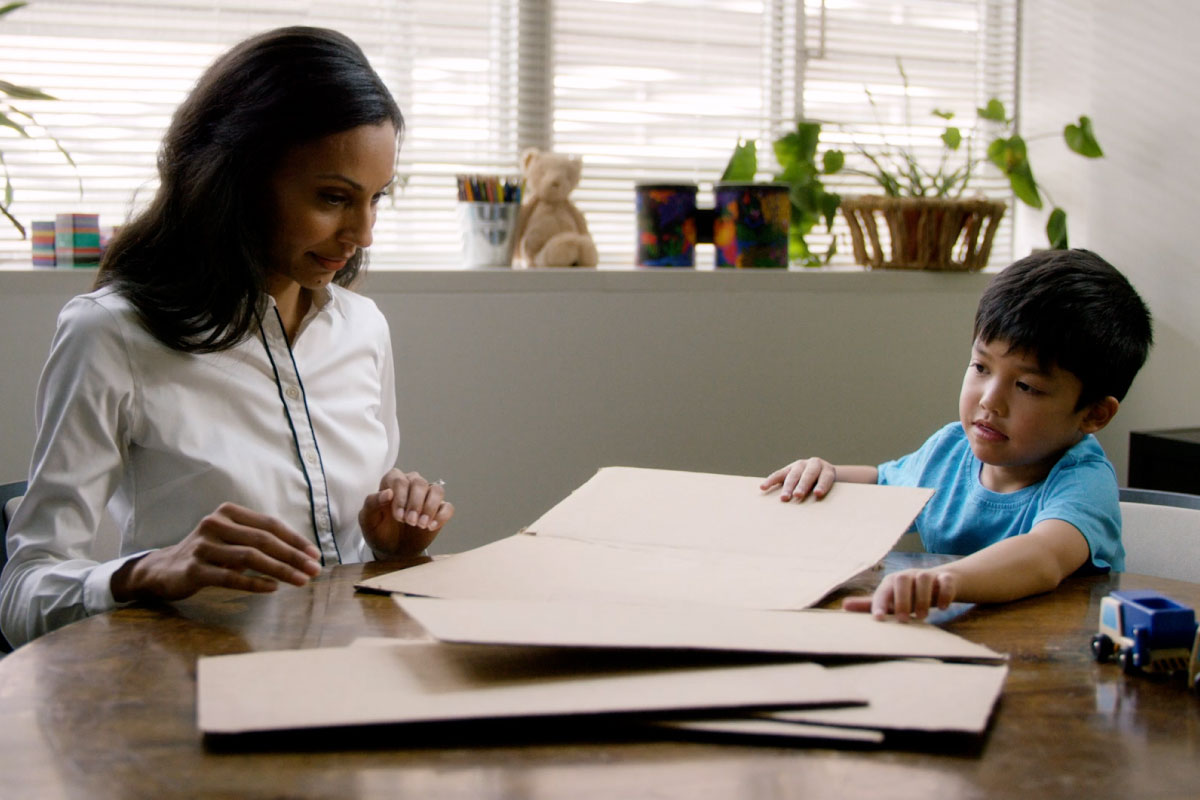
Do you see a child wondering what to do next?
Wonder aloud with them: “I wonder what comes next…”
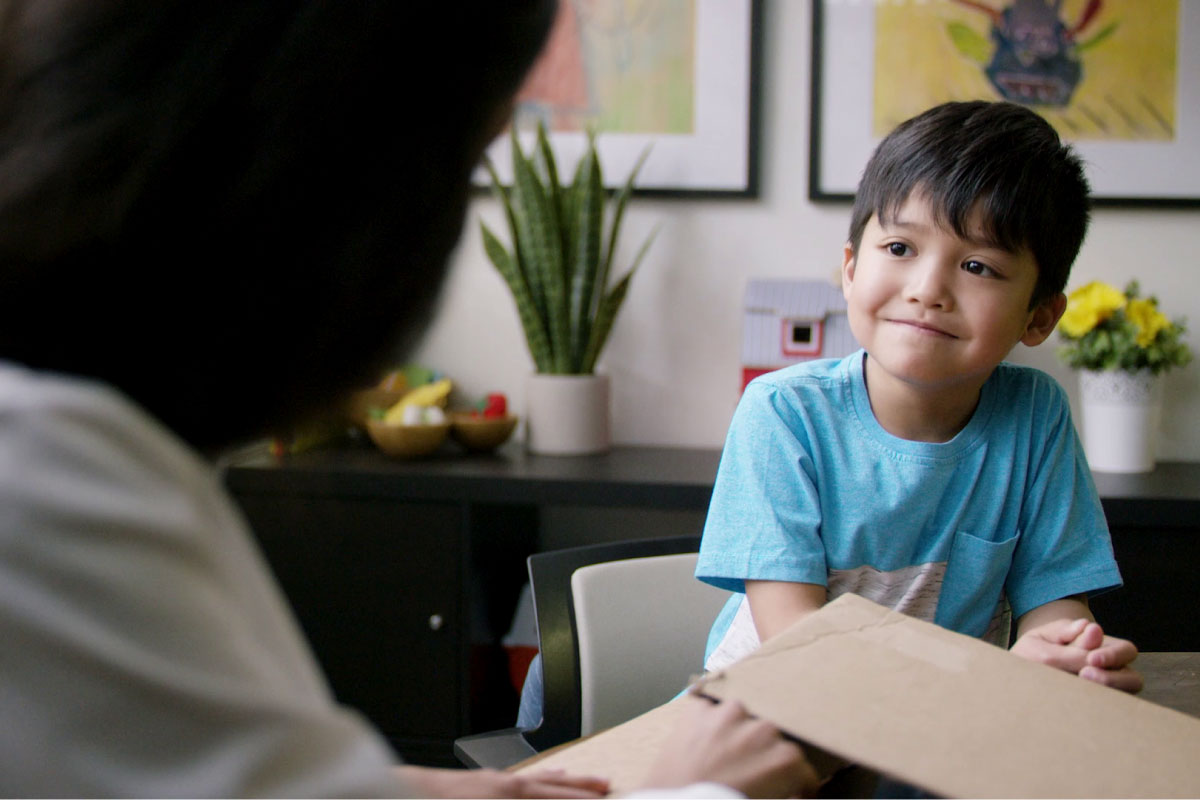
Do you see a child trying to figure out the correct sequence of steps in order to complete a task?"
Hint what they could be thinking about: “Let’s see…I wonder what we should do first…"
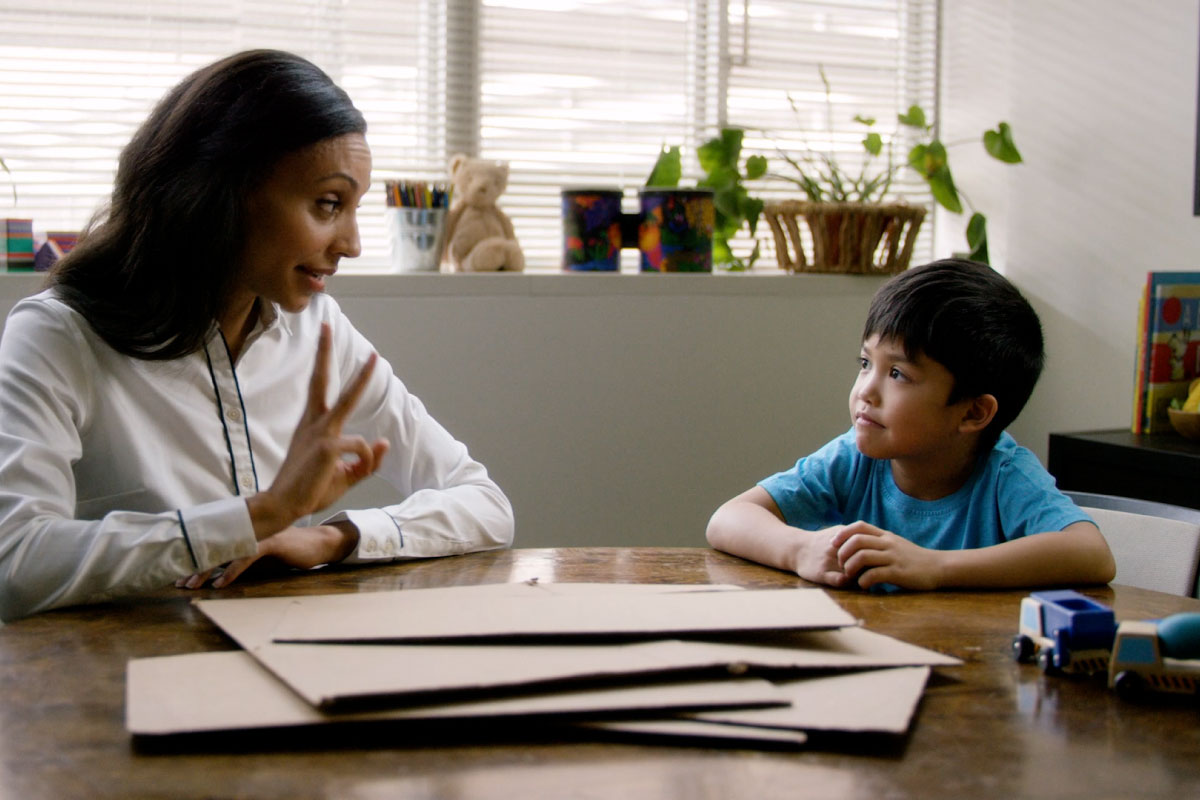
Talking about our thinking processes may seem a bit strange (or even a bit silly), but it’s actually a very powerful experience for young children to hear us giving an external voice to the internal experiences that we all have.
Remember, our narrations help children develop their own ability to self-narrate. As they grow, they will use that voice inside their own head to make sense of and regulate their thinking processes. This is the beginning of their higher order thinking skills, or executive functioning!
Put this in your Toolbox
Young children learn about thinking processes (EF) with the help of nurturing adults. Knowing that we can use intentional observation and narration to build the important school readiness skill of executive functioning—now that’s a key concept for us to hold in mind!
When you are able to sprinkle language that promotes executive functioning into your everyday interactions with young children, you are building their understanding of these thinking processes and their ability to practice them more and more independently.
Remember to:
- Talk about thinking during daily interactions with young children.
- Describe what the child might be thinking about.
- Hint what the child could be thinking about.
A gentle reminder that children with histories of trauma may not have had the experience of adults talking about their thinking processes. Be patient and consistent with observing and narrating, particularly if you are trying to support the child’s development of a particular skill that may be new or challenging for them.
Print this SEEDS resource for your classroom or office! Or share it with a parent, caregiver, or colleague who might like the visual reminder!
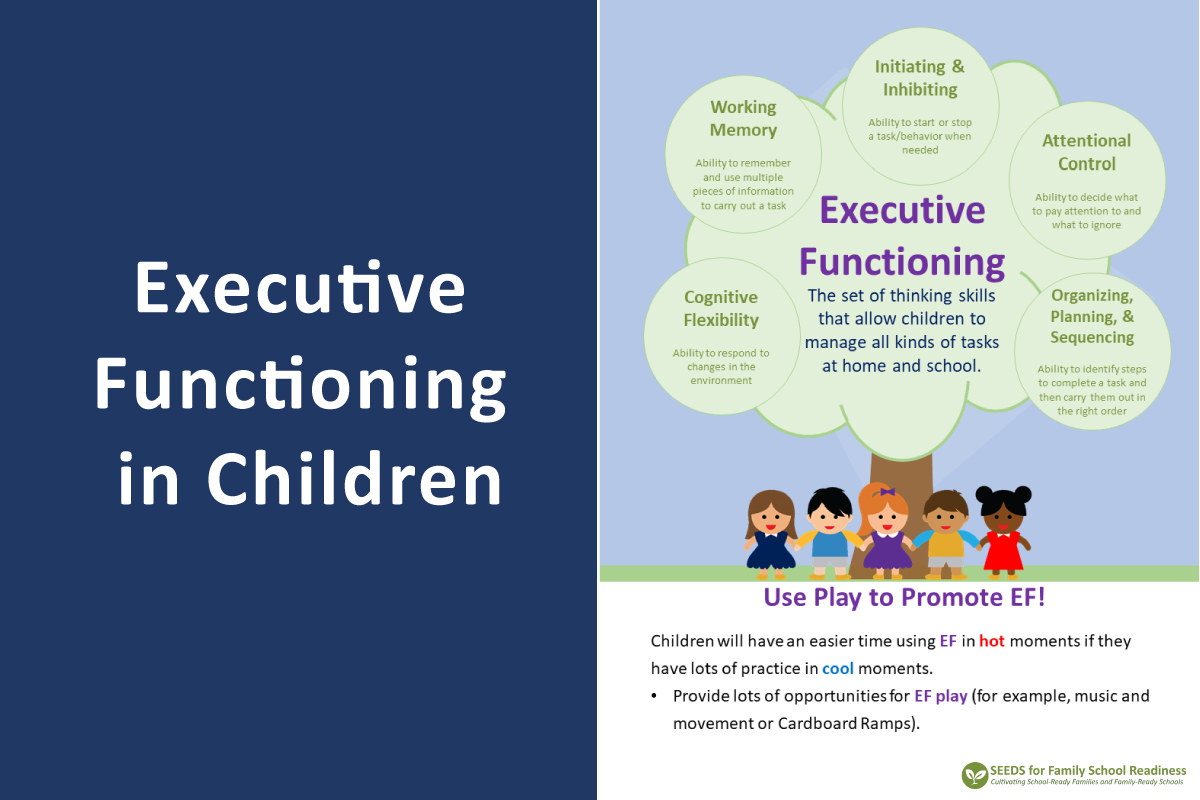
Do you have another 10 minutes? Check out the other articles in this series: Planting SEEDS of School Readiness in 10 Minutes or Less
